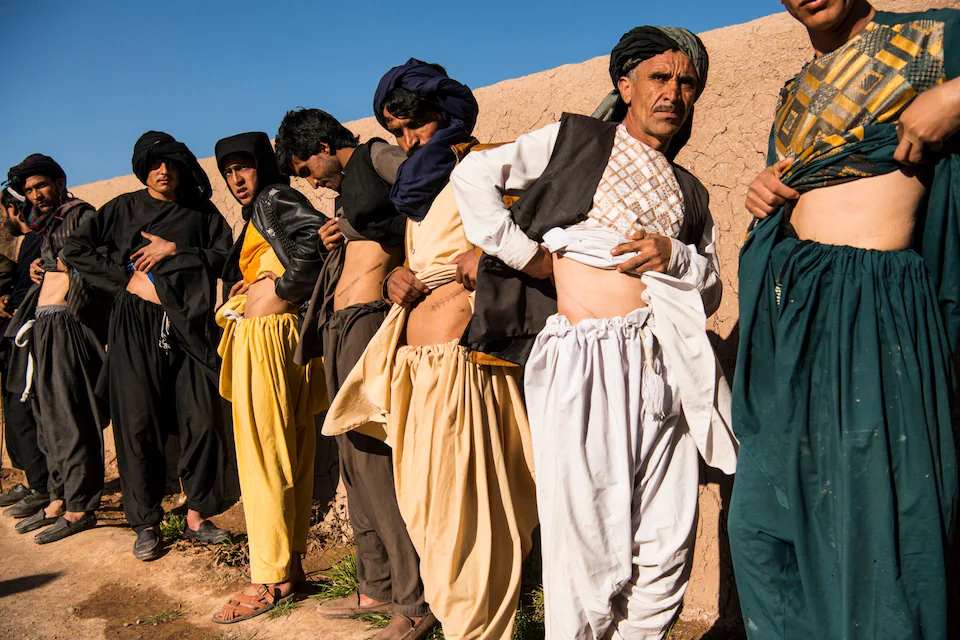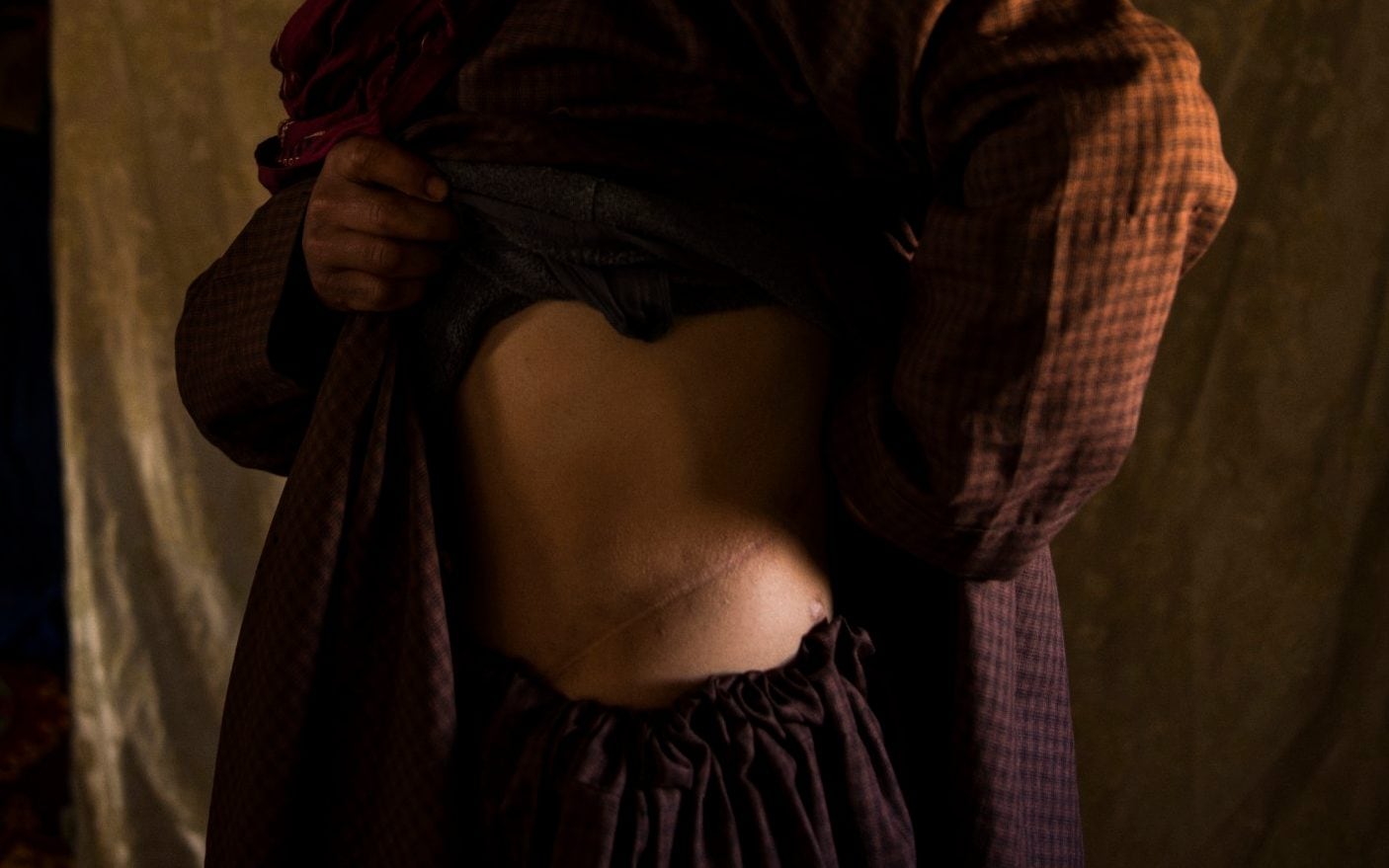Kenya may be emerging as a central player in a global organ trafficking network, where impoverished individuals are matched with wealthy foreigners in need of kidney transplants, according to a recent government taskforce report.
An investigation into Mediheal Hospital in Eldoret—Kenya’s leading kidney transplant facility—revealed troubling patterns. Numerous men from Azerbaijan had donated kidneys there, while dozens of Israeli men had received transplants at the same hospital. Authorities noted glaring deficiencies in hospital documentation, raising concerns that legal requirements were intentionally bypassed.
The findings come from a three-month inquiry by an 18-member team from the Health Ministry, which has called for further investigation into four senior Indian doctors at the hospital to determine if they violated Kenya’s organ trafficking laws.
This probe was initiated after German media outlets reported that foreign transplant patients at Mediheal were paying up to £150,000 ($200,000) for kidney procedures, while impoverished donors were allegedly receiving as little as £3,000.
Kenya’s case is the latest in a disturbing global pattern where illegal transplant surgeries exploit vulnerable people in poor communities, often carried out in loosely regulated private hospitals. Similar scandals have surfaced worldwide. In one notable case two years ago, Myanmar villagers were flown to a top hospital in Delhi as part of a ‘cash for kidneys’ scheme, exposed by The Telegraph. Middlemen used forged documents to pose donors as relatives of wealthy Burmese recipients. The hospital involved, Apollo Hospitals Group, denied any wrongdoing.

Estimates suggest that 1 in 10 organ transplants globally involves trafficked organs.
In 2021, reports from western Afghanistan described villagers near the Iranian border selling kidneys for around £2,700 at a private clinic in Herat. Many donors later suffered health issues and were unable to work, despite hospitals claiming no wrongdoing.
The Kenyan taskforce report, released on July 22, highlighted transplant data from Mediheal Hospital suggesting “Kenya’s potential role as a major hub for organ trafficking.” Under Kenyan law, organ donations must be either altruistic or made by relatives—selling organs is illegal.
Although the majority of donors and recipients at the hospital were Kenyan, the report uncovered that 62 Israeli men had received kidney transplants since 2018, with only 10 Israelis listed as donors. Meanwhile, 50 donors were from Azerbaijan, with only one Azeri recipient. This pattern fits the well-documented global trend where organs typically flow from poorer individuals in low-income countries to affluent recipients from wealthier nations.
The taskforce found the hospital’s record-keeping alarmingly poor. In over 20% of transplant cases, the nationality of donors or recipients was not recorded. Investigators also found inconsistencies and suspicious signatures on hospital documents, suggesting possible fraud or deliberate cover-ups.
Financial discrepancies also raised red flags, with evidence of significant payments by recipients that far exceeded what donors received—indicative of potential organ commodification. Attempts to verify relationships between donors and recipients were unsuccessful, as many recipients refused to engage with investigators.
A whistleblower earlier this year told German media that organ trading at the hospital had started years ago, initially involving Somali recipients and Kenyan donors. Over time, however, Israeli and German recipients became more frequent, with donors reportedly flown in from countries like Azerbaijan, Kazakhstan, and Pakistan. The donors were allegedly coerced into signing forms falsely claiming they were related to the recipients.
At one point in December 2024, a single surgeon and anaesthetist reportedly performed 24 transplants within just 14 days, highlighting the hospital’s high-volume activity.
The taskforce has recommended that four senior medical staff be investigated for possible criminal involvement in organ trafficking and violations of Kenyan transplant laws.
Dr. Mishra, chairman and director of Mediheal Hospital, has firmly denied the accusations. He labeled the taskforce report as unfounded and malicious, and dismissed the German media coverage as false. At a press conference, he stated, “The facility is not involved in donor selection, transactions, or any commercial arrangements. We do not suggest donors to patients.”
Dr. Mishra, originally from India and now a Kenyan citizen, is also a former Member of Parliament and reportedly has close ties with President William Ruto. In light of the scandal, President Ruto suspended Dr. Mishra earlier this year from his role as chairman of the Kenya BioVax Institute.
This isn’t the first time Mediheal has been under scrutiny. Two years ago, Kenya’s health ministry conducted an internal review and found that most transplants were paid for in cash, and many donor-recipient pairs were not actually related. That earlier report concluded that organ trafficking allegations warranted serious investigation—but it was never released, and no subsequent action was taken.



